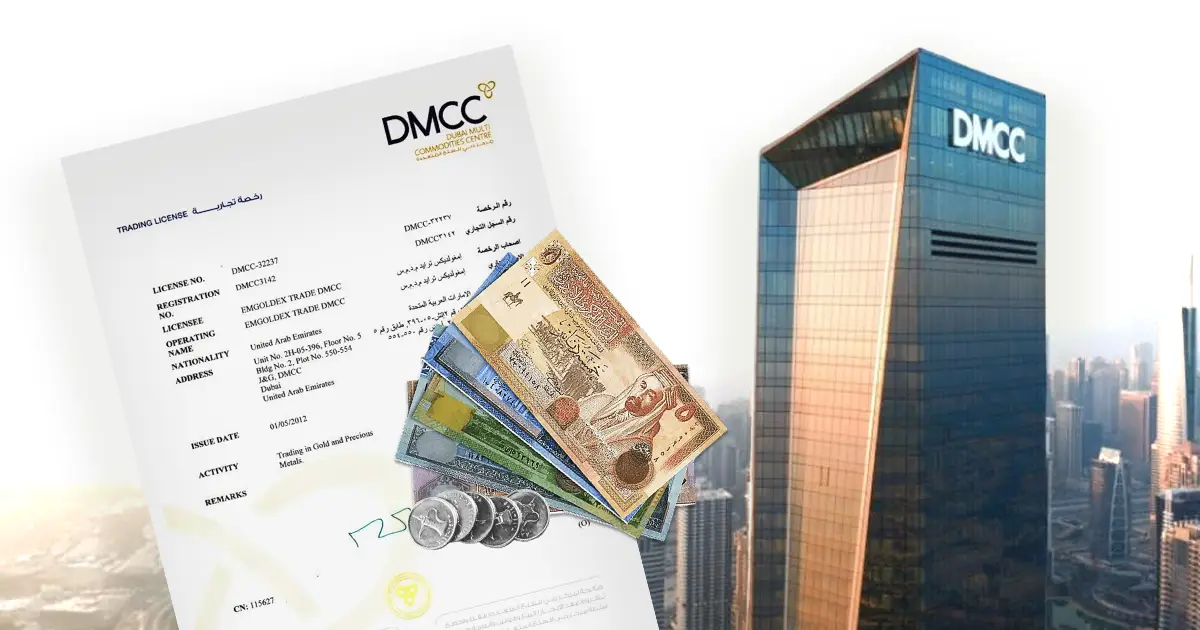The United Arab Emirates (UAE) offers a dynamic environment for global professionals. Its business-friendly policies attract doctors, engineers, consultants, and lawyers from around the world. For these recognized professionals, one business structure stands out: the civil company. This setup allows professionals to start a civil company and legally practice their profession while maintaining full ownership of their business.
A civil company, under UAE Federal Decree-Law No. 32 of 2021 on Commercial Companies, is a business established by two or more partners to provide professional services. These partners use their educational qualifications, intellectual skills, or artistic talents to conduct business. The primary focus is on professional activities rather than commercial trade. For example, a group of architects or consultants may form a civil company to offer design or advisory services in the UAE mainland.
For those wondering what is a civil company or how to start a civil construction company, this setup allows professionals in construction-related fields, such as engineers or project managers, to operate under the same framework.
The UAE government recognizes the value of these services, creating a legal framework that supports their growth. Professionals often opt for this structure in mainland jurisdictions, such as Dubai and Abu Dhabi, due to its direct ownership model and operational flexibility.
Professions Eligible to Form Civil Companies
The UAE permits a wide array of professionals to form a company. If your profession relies on specialized knowledge and qualifications, this structure is likely available to you. Common examples include:
- Doctors and Medical Practitioners (Clinics)
- Engineers and Engineering Consultants
- Lawyers and Legal Consultants
- Financial and Management Consultants
- IT and Tech Consultants
- Educational Tutors and Trainers
- Designers and Artists
- Accountants and Auditors
- Marketing & Advertising Consultants
- Business Setup Advisors
- Medical Laboratories
- Architectural & Interior Design Firms
- Translation and Legal Documentation Services
Since June 2021, under Cabinet Resolution No. 16 of 2020 and Decree-Law No. 32 of 2021, some professional activities still require a Local Service Agent (LSA) but now allow 100% expatriate ownership. This means that foreign professionals can fully own their civil companies, even though they need to appoint an LSA for certain tasks.
Legal Framework and Licensing Authority
The Department of Economic Development (DED) in each emirate serves as the primary authority for licensing and regulating civil companies. For example, in Abu Dhabi, the Abu Dhabi Department of Economic Development (ADDED) handles the licensing and legal processes for civil companies. Similar to Dubai, they manage everything from initial approval to the final license issuance.
While the federal laws provide the main framework, each emirate may have minor variations in its application process or documentation needs. It is always wise to check the specific guidelines of the emirate where the business will operate.
In Sharjah, professionals can take advantage of flexible licensing through the SPC Free Zone company formation model. It allows for multiple business activities under one license and offers complete foreign ownership similar to civil companies.
Ownership and Shareholding Rules
One of the most attractive features of a civil company is its ownership structure. Expatriate professionals can own 100% of the company. This complete ownership gives them full control over business operations, finances, and strategic direction.
However, there is one key requirement: the appointment of a Local Service Agent (LSA).
- Role of the Local Service Agent (LSA): An LSA must be a UAE national or a 100% UAE-owned company. The LSA’s role is purely administrative. They act as a liaison between the company and government departments, facilitating license renewals, visas, and other regulatory tasks.
- No Equity Stake: A common misconception is that the LSA holds shares in the company. This is incorrect. The LSA does not have any equity, voting rights, or involvement in the management of the business. Their role is defined in a formal LSA agreement, and they receive an annual fixed fee for their services.
Professionals looking to operate in a global business district may also consider DMCC company formation. DMCC (Dubai Multi Commodities Centre) offers international credibility, networking benefits, and 100% foreign ownership within a thriving business hub.





